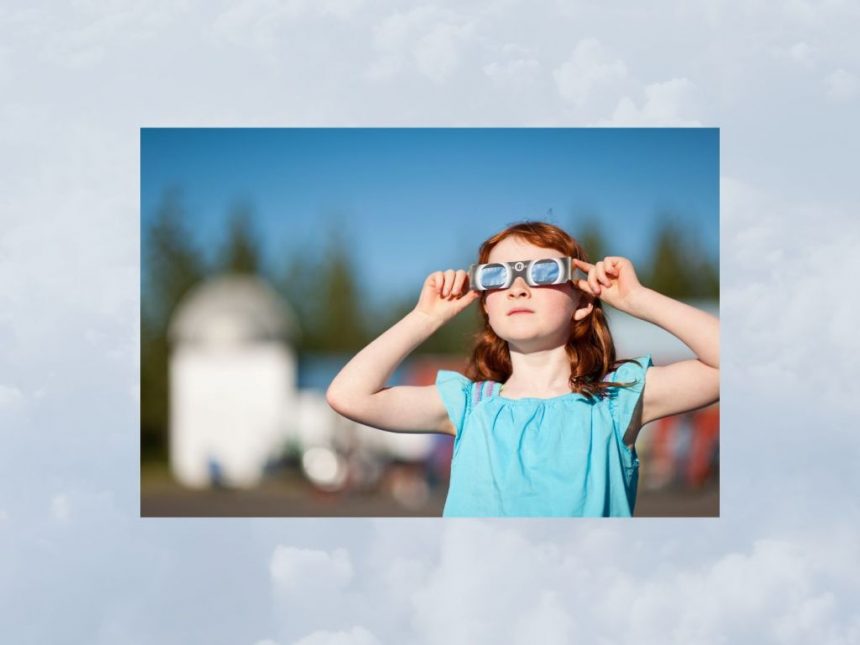The solar eclipse set to occur on April 8, 2024, is expected to be a remarkable event. It will pass directly over North America, giving 99 percent of people in the US the opportunity to witness either a partial or total eclipse. This includes all 48 contiguous states, as well as parts of Alaska and Hawaii. In comparison to the 2017 eclipse, the 2024 eclipse will have a wider path of totality with a higher population density, stretching from Texas through the Midwest and up into the Northeast.
Families are encouraged to take advantage of this rare astronomical event, as the next solar eclipse in North America is not expected until 2044. However, it is crucial to plan carefully, especially when viewing the eclipse with children. Dr. Kelly Hodson Unkrich, Chief of Pediatric Ophthalmology at Nemours Children’s Health, emphasizes the importance of discussing eye safety with children before the eclipse.
During a solar eclipse, the dangerous ultraviolet and infrared rays emitted by the sun can cause permanent damage to the retina if one looks directly at the sun. Dr. David Rogers, Chief of Ophthalmology at Nationwide Children’s Hospital, explains that the only reason eclipses are dangerous to the eyes is because they are interesting to look at. Even during a partial eclipse, the sun’s rays are still harmful unless it becomes a total eclipse.
To watch the eclipse safely with your kids, consider using eclipse glasses or a handheld solar viewer that are specifically designed for this purpose. Make sure to purchase viewers that meet the ISO 12312-2 standard and are approved by the American Astronomical Society. Test the glasses indoors before going outside and ensure they are working correctly by looking at a reflection of the sun on a sunny day.
Remember that it is only safe to view the eclipse without protection during totality, when the sun is completely covered by the moon. When the eclipse begins to reverse and go back through partial phases, put your eye protection back on to avoid any damage. With careful planning and education, you can enjoy the 2024 solar eclipse with your family without risking eye injuries.






